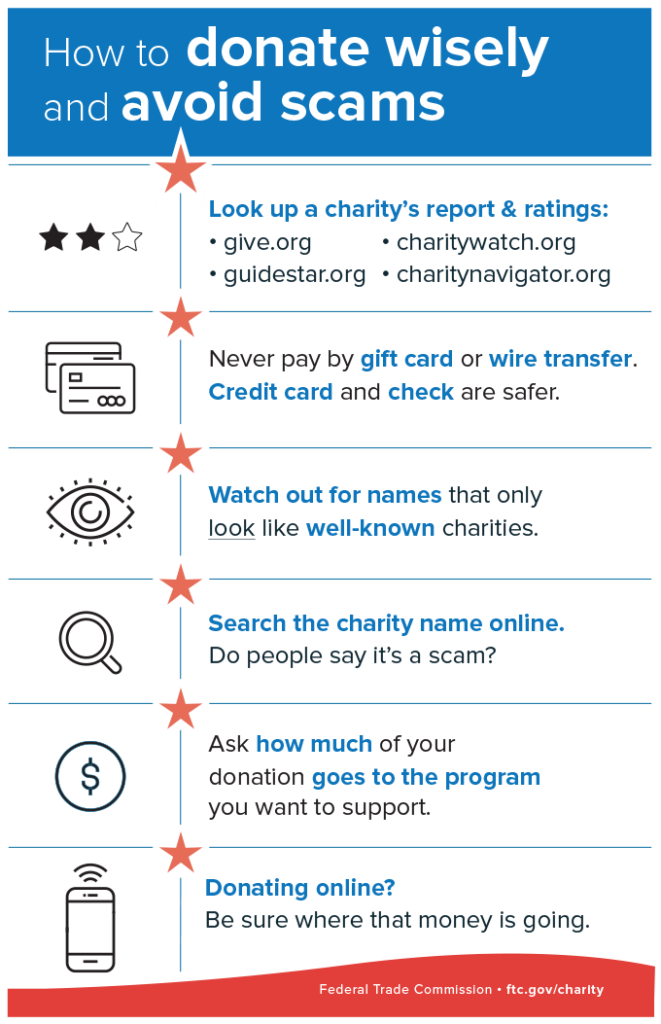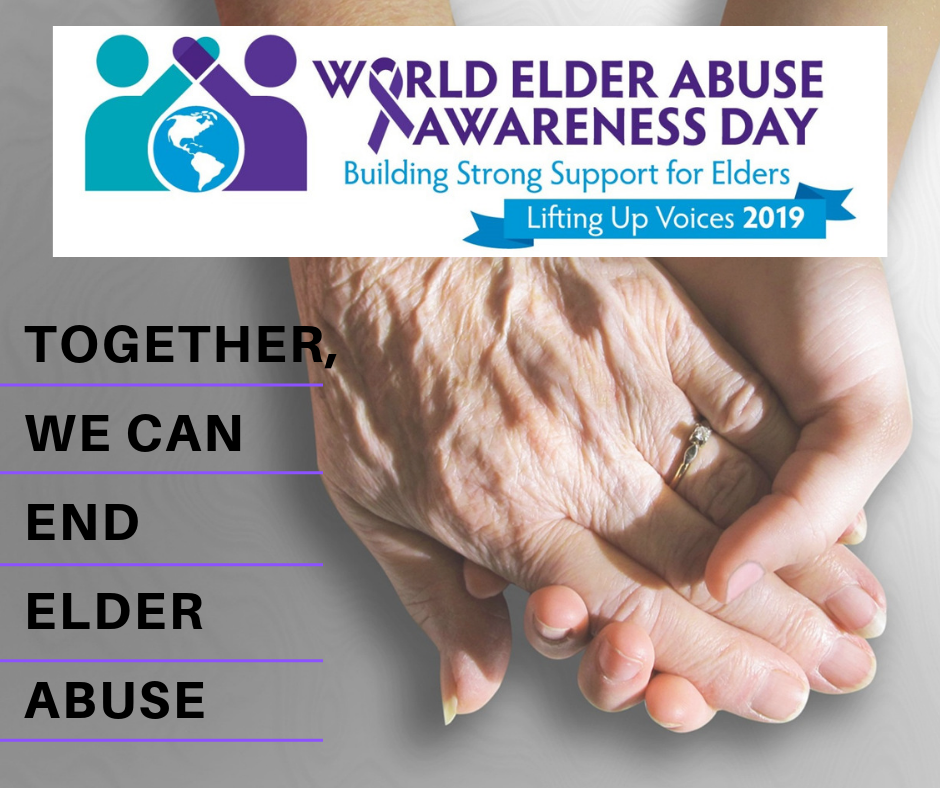As a result of the COVID-19 emergency, countless Vermonters have dealt with the cancellation of travel plans and other event reservations. Although disappointing, these cancellations are helping keep the public safe and slow the spread of the virus. To assist Vermont consumers and businesses in understanding their rights and responsibilities related to these canceled plans, the Attorney General’s Office offers the following guidance:
Step 1: Look at the contract or agreement
- To determine whether a business must refund a consumer’s payment, read any cancellation policies or other similar terms in any contracts or agreements that were in place at the time of payment.
Step 2: Locate cancellation policies
- If a properly disclosed cancellation policy states that some or all of a consumer’s payment may be non-refundable, consumers’ options may be limited.
- If a cancellation policy is not properly disclosed – for example, because it was given to the consumer only after the contract or agreement was signed – then the cancellation policy may not be valid.
Step 3: If necessary, the Consumer Assistance Program is available to mediate
- If a cancellation policy says that a consumer is entitled to a refund in the event of an involuntary cancellation but the business refuses to provide a refund, the consumer may file a complaint with the Consumer Assistance Program by calling 1-800-649-2424 or visiting https://ago.vermont.gov/cap/.
- If there are no contract terms or other policies that apply to cancellations under circumstances like these, the Attorney General’s Office urges businesses to work with consumers to find acceptable solutions. While it may be reasonable for a business to keep some portion of its fees to cover costs that were actually incurred before cancellation, businesses should work with consumers to come to a satisfactory resolution for both parties.
- Like individual consumers, businesses also may have protections when they are in the role of consumers. For example, a business is a consumer when they are purchasing items that are not for resale, such as supplies or equipment for use by their business. If you own a business and have a consumer-type problem, you can also contact the Consumer Assistance Program to file a complaint.
The Attorney General’s Office recognizes that Vermonters are facing unprecedented hardships at this time, and encourages business owners and consumers to work together to find reasonable resolutions of their disputes. If any consumer feels a business is not living up to the terms of their agreement or is otherwise not playing fair, they should contact the Attorney General’s Consumer Assistance Program to file a complaint by calling 1-800-649-2424 or visiting https://ago.vermont.gov/cap/.


